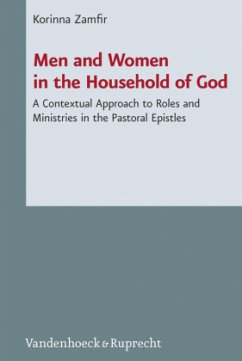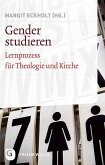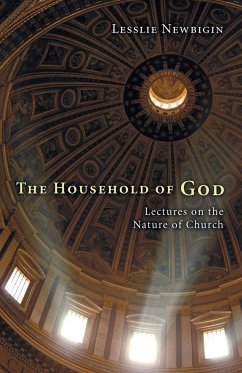Korinna Zamfir explores the manner in which the Pastoral Epistles redefine roles and ministries within a changed ecclesiological framework (the ekkl?sia as oikos Theou). The contextual investigation focuses on the cultural and social background of the station codes and church orders. Applying the environmental approach advanced by Abraham MalherbeZamfir discusses the Pastoral Epistles as writings intimately linked to their Greco-Roman social and cultural environment. The volume addresses the mentalities reflected in moral philosophies, political theories, drama and epigraphy, focusing on the discourse articulated in these sources. Exploring the adoption of conservative mentalities, the monograph advances a reading of the Pastoral Epistles based on ideology critique. It also incorporates insights gained from research on the social world of earliest Christianity, in particular on private associations.Korinna Zamfir argues that the ecclesiology of the Pastoral Epistles presupposes the metaphorical use of oikos Theou and shows that in Greco-Roman antiquity oikos denotes larger social entities like the religious association, the polisand the cosmos. The ekkl?sia is the oikos and polis of God. As a consequence the Pastoral Epistles define roles and ministries based on the public-private divide and on honor and shame mentality. The theo-logical and cosmic dimension of the »household of God«explains the essentialist understanding of social and ecclesial roles. The author also tackles the contrast between discourse and ecclesial reality.
Hinweis: Dieser Artikel kann nur an eine deutsche Lieferadresse ausgeliefert werden.
Hinweis: Dieser Artikel kann nur an eine deutsche Lieferadresse ausgeliefert werden.








